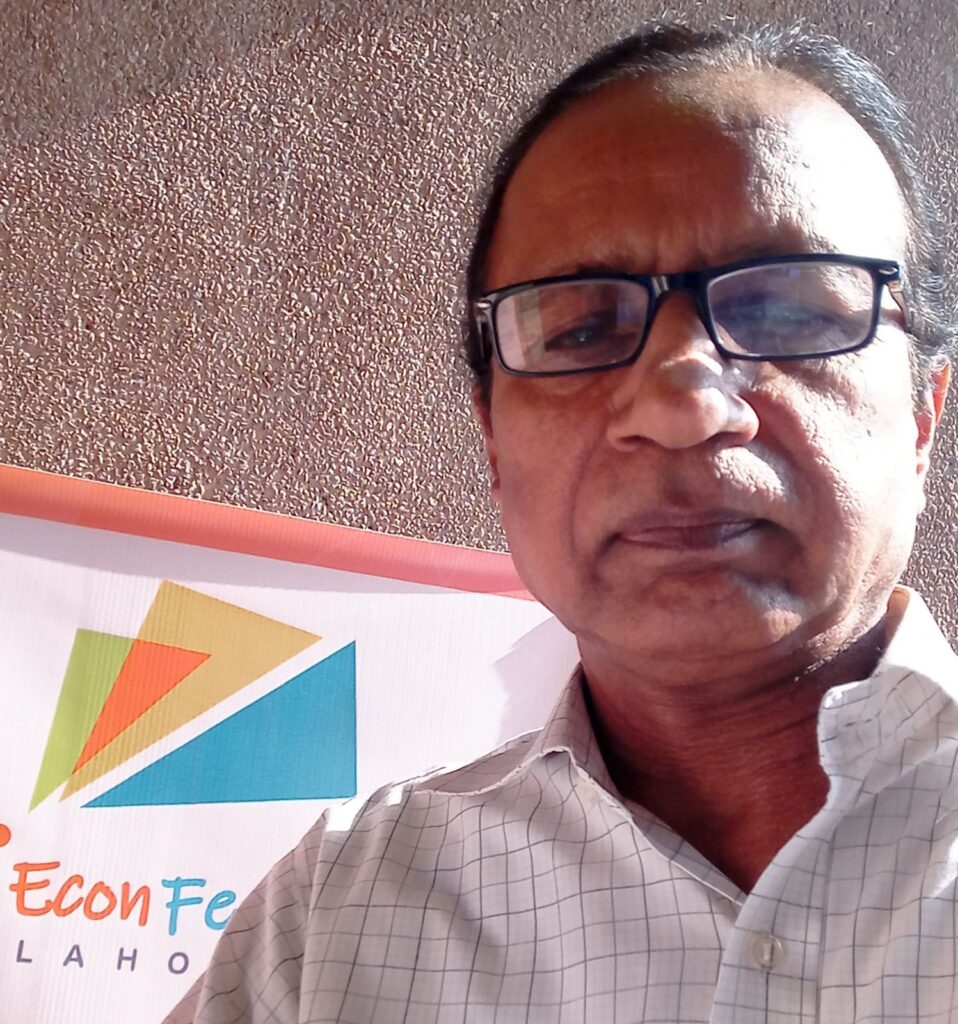The Political Kingdom of Pakistan
The Government of India Act 1935 declared “Pakistan” only as an independent dominion. Then in the constitution of 1956, the state was named as the “Islamic Republic of Pakistan.” However, when the constitution of 1962 was promulgated, the state of Pakistan found a new name, “Republic of Pakistan” with the prefix “Islamic” dropped. The same was restored to its original position in 1963. Down the road, the constitution of 1973 retained this nomenclature for the state of Pakistan; so the name resonates to this day.
… But one question has perennially been raising its head through the 7 decades of the history of Pakistani state: Did this naming, renaming, i.e. conversion and neutralization of the state of Pakistan make any difference to the life of the ordinary citizens of Pakistan? Has the politics which produced, abrogated, suspended or put in abeyance these constitutions
Cynicism in Pakistan
The title of this piece appears to be problematic. One can argue how cynicism may be confined to geographical specifications such as one of Pakistani type. But Pakistani cynicism may be justified on the ground that whatever its general meaning, the way a cynicism formulates in a society makes it special. Thus this piece tries to identify specific Pakistani attributes of cynicism.
… Let’s try to have an idea of what cynicism generally stands for. First, it implies that all the ‘people are motivated by selfishness.’ Another most important and most common trait is that a cynic’s ‘outlook is scornfully and often habitually negative.’
As a philosophical term cynicism means something quite different. It was ‘a sect of ancient Greek philosophers who believed virtue to be the only good and self-control to be the only means of achieving virtue.’ So, philosophically cynicism relates to the Cynics and their beliefs.
In order to understand the wider meaning of cynicism, a
Bilawal – a political crown prince
History is replete with stories of off-springs used in order to seize and wield power. One such story has been narrated by Abdul Haleem Sharar in his excellent Urdu book, “Guzishta Lucknow” (Lucknow of the past). In its chapter on “Jang-e-Azadi aur Lucknow” (War of Independence and Lucknow), he writes: “The King, Wajid Ali Shah himself was in Calcutta, his family was in London, and . . . the conflict over the cartridges and government’s insistence suddenly caused a mutiny and from Merrut to Bengal such revolt flared up that the homes of every friend and foe were burnt and such a strife broke out that the foundations of British government in India appeared to be shaking.
… “The way rebels of Merrut etc came to be converged in Delhi and made Zafar Shah Emperor of India, likewise the rebels of Allahabad and
Why Pakistan is not a viable state?
Better to start with two clarifications: First, this piece does not raise the question of Pakistani state’s viability in the sense Pakistan’s Leftists and liberals are wont to discuss it. They say something like that: It’s unviable because it was created by the British in line with their policy of Divide and Rule; It’s unviable because it was created by the narrow-mindedness of Hindus or the Congress, or the stubbornness of Muslims or the League. They also hold that: It’s unviable because religion is never the basis of any state. The writer prospectively believes that states are not rational entities; they may come into existence, and disintegrate and disperse into more entities with or without any rational justifications. It’s like individuals or groups of human beings who want to live separately for any concrete or imagined grievances or none at all that
… The politics of PTI / PAT: an aesthetical analysis
Everything has an aesthetic aspect. Politics is one of them. The political aesthetics appears, among other things, in two forms: Mannerism; and, Language. The others may be: the beauty of political ideas; the way a politician connects his/her ideas; the reality of political ideas in contrast to wishful political slogans; the beauty of a political vision; the beauty of words and terms chosen by a politician; consistency in the ideas of a politician, etc. The second list is controversial; it’s useless to discuss it here. The first one is sort of methodical, and I would dwell on it. One may raise objections on this or that type of Mannerism or Language; however in Pakistan too there exists a consensus in this regard.
… Let it be stated here that certain political leaders did not spare the methodical things also. To them in politics
Gangsterism – religious and political
The place is not far from Islamabad. A three hour drive and one is far away from almost everything Pakistani. Not only is the weather pleasanter; this small place presents the ethos of a non-Pakistani world. Here it is just one road on both sides of which are located a number of hotels and other shops. It was evening time and I was sitting in the restaurant of a hotel and looking through the window-glass out on the road. It was no crowding here, only a few visitors doing shopping and walking on the road. On the right side from where the road seems to come, I could see just the same scene. Look straight where the road was goes to, I could see the road turning towards left and disappearing.
… The sky was cloudy and a cool breeze was flowing with

